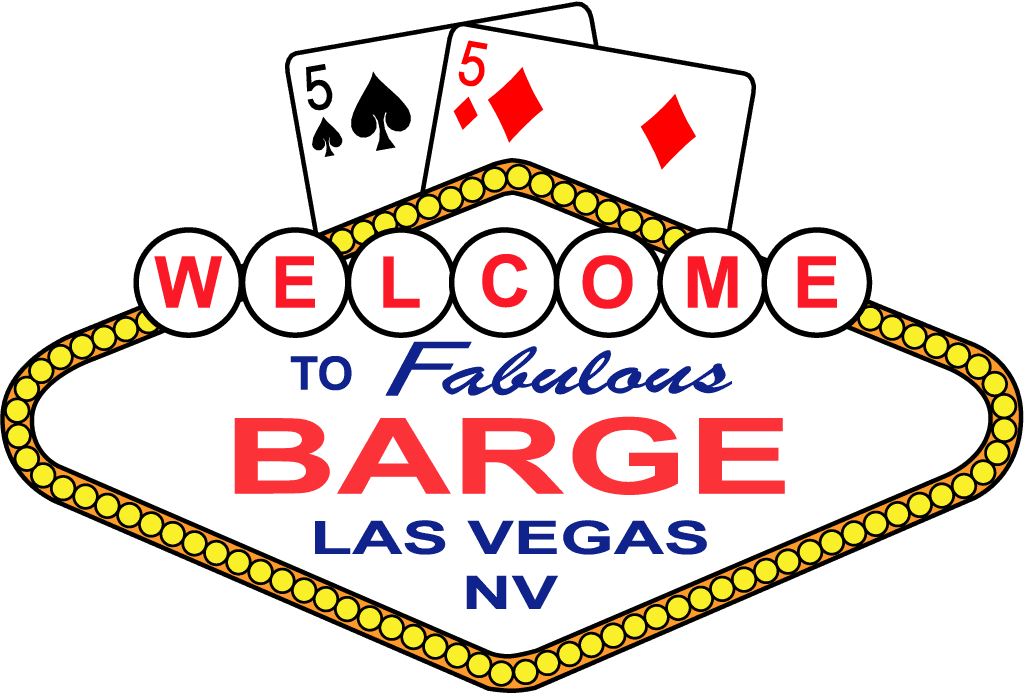
BARGEBig August Rec.Gambling Excursion
Strategizing Moves Ahead
- By Roy Cooke
- •
- 24 Nov, 2016
- •
Great chess players are legendary for their ability to think
many moves ahead. But in poker, forward thinking is undervalued by most
players. How a hand will play out is the most important component of your
decisions. Current odds are chiefly immaterial, implied odds are how you should
calculate your probabilities. And to be able to closely estimate your implied
odds, you must read your opponents’ hands, their tendencies, and predict how
they will play differing scenarios.
Plans fall into three main ranges. There are game plans, play of hands plans, and exploitive strategy plans. Game plans are master plans for the specific game you’re in. Early in every session you should create a masterplan on how you will exploit the game. Is this a game you’re going to make money by making your opponents fold when they should call? Or should your strategy be to wait for situations or make hands in which you think the likelihood of being paid off is high? Design your strategy to the way the game is, not the way you’d like to make it. People are creatures of habit and reluctant to change.
Most games will possess a mix of opponents’ tendencies, and you’ll have to isolate situations based on their components. That said, having a general idea of what principal strategy you want to pursue, and establishing your image to accommodate that strategy will both add value and make your decisions easier.
The correct play is correlated to how the hand will play on other streets. How a hand plays on the flop relates to how it will play on the turn, which relates to how it will play on the river. Designing a strategy that gets the highest overall edge on your holding, not just on the current street is the optimum play. You should pass on a small edged bet, if passing will allow you to obtain a higher edged bet(s) on a later street(s). There are innumerable other application to this concept, you just have to design and apply them.
When you pay attention to how your opponents play, you’ll find exploitable weaknesses. When you do, you need to think about how different hands will play in those circumstances. If your opponent folds too much, you’ll want to bluff more with the weak portions of your range, and trap more with its strong portions. You’re adjusting the play of your hand and adjusting which hands to play based on exploiting how the hand will play out. If your opponent has an exploitable weakness, playing correctly, increases the value of your holding, allowing you to play a weaker range and/or adjust your calling, trapping and raising ranges to increase the value of the exploitive play.
Thinking moves ahead will produce higher value decisions. You’ll have a clearer picture of which hands to play and how to play them. Focus on how the game plays; think about the game between hands. What plays can I utilize to maximize my earn?
Think ahead, and you’ll find your chips ahead!
Roy Cooke played poker professionally for 16 years prior to becoming a successful Las Vegas Real Estate Broker/Salesman. Should you wish any information about Real Estate matters-including purchase, sale or mortgage his office number is 702-376-1515 or Roy's e-mail is RealtyAce@aol.com. His website is www.RoyCooke.com. Roy’s blogs and poker tips are at www.RoyCookePokerlv.com. You can also find him on Facebook or Twitter @RealRoyCooke
